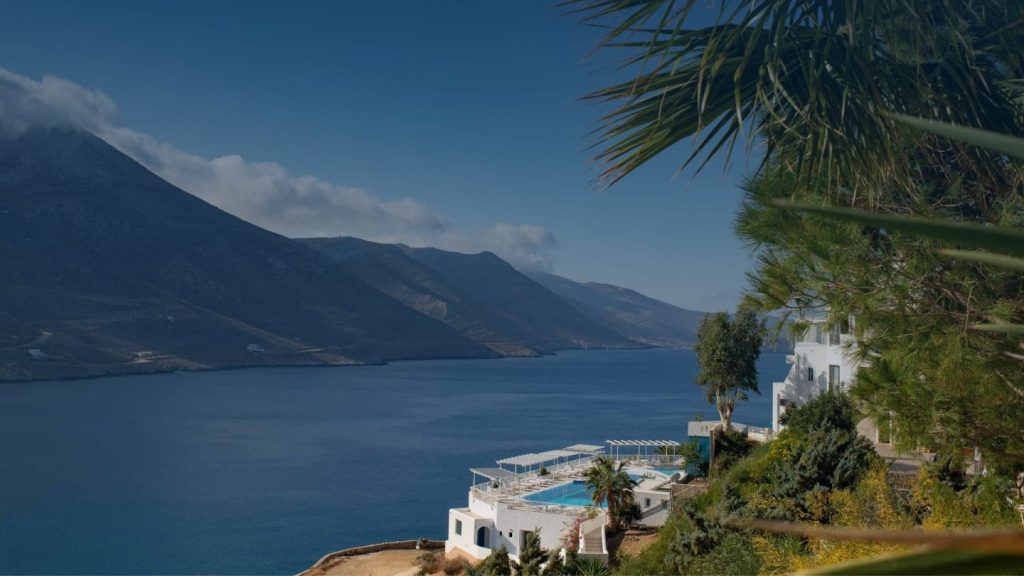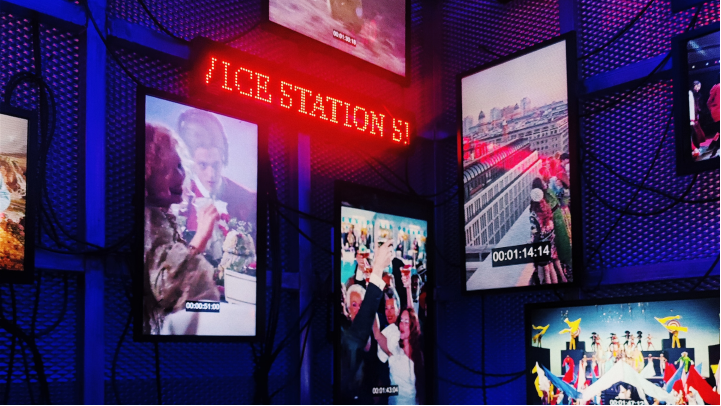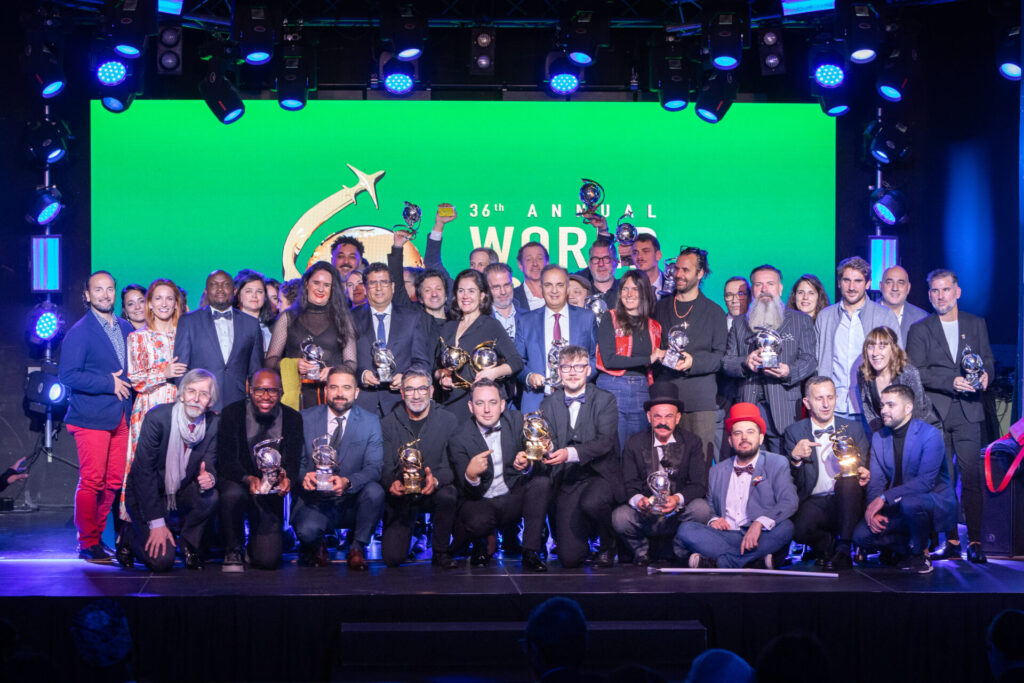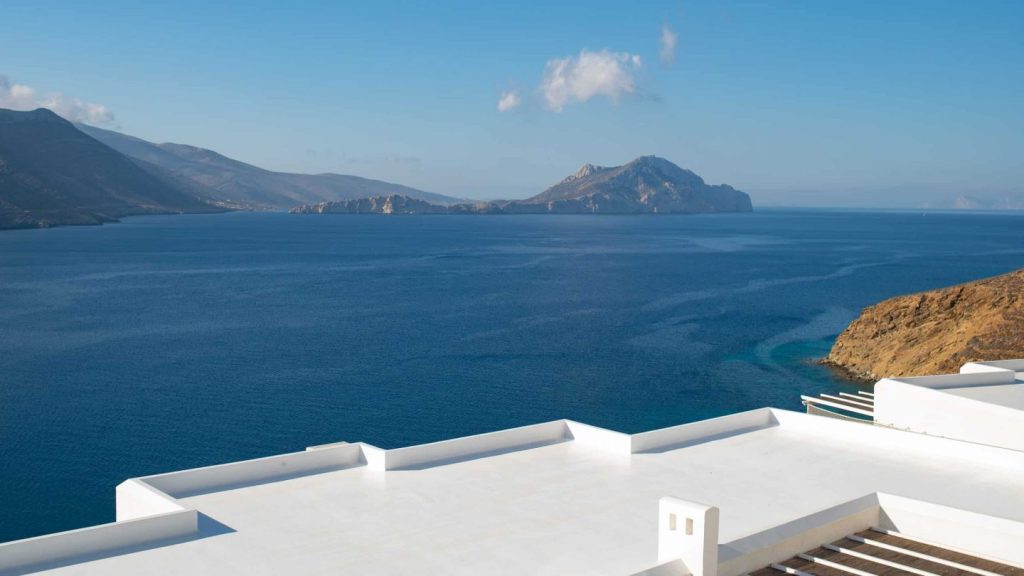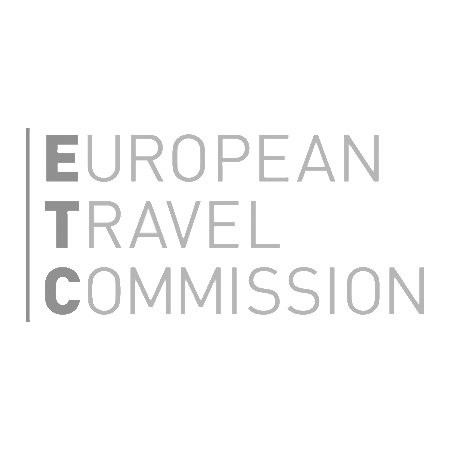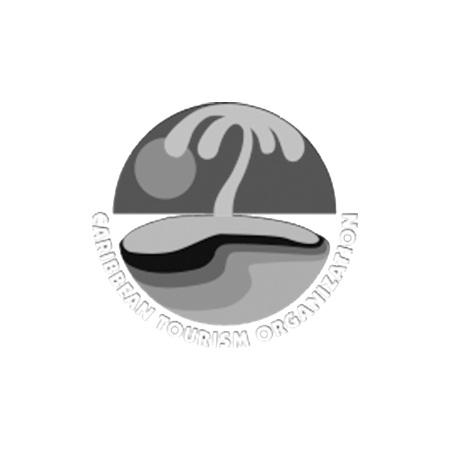
Constanza Cea
• Executive Director at Imagen de Chile •
Join us in this captivating interview with Constanza Cea, Executive Director at Imagen de Chile, for the eBook "The Influence of Travel Video Marketing".
With nearly a decade of experience at Imagen de Chile, including four years as the Executive Director, Constanza shares her thoughts on the marketing strategies behind Imagen de Chile, offering a unique perspective on the challenges of promoting a country with stunning landscapes and friendly locals, which is still not widely recognized in some markets.
She also talks about the key strategies used to enhance Chile's global image and highlights the importance of video and storytelling in destination branding.
Can you please share a little about your experience, professional career, and how it feels to work at Marca Chile?
Working for the “Chile” brand has been the greatest challenge and highlight of my career. It was hard to choose a profession, I liked many areas, I started Business, moved to Design, and finally changed to Journalism to end with a MA in Sociology. Looking backward, I realize it has all blended in and that the connection between Chile and the world has always been my vocation and a key part of my career. I lived abroad for many years; as a journalist, I was always the one interviewing the international figures, I lead mayor private-public missions of Chilean leaders to China, India, USA, and Israel. I was later in charge of the international image of a President and now, as head of Chile ́s image and communications strategy, I feel thankful and energized every day. There is no job prettier than this of concentrating in the best of your country, getting to know it like the palm of your hands, learn both how the world sees us but also what we Chileans feel identified with. And to put all into an equation to set a focus, define a path and work with all those who actually need a strong country brand, to raise Chile’s perceptions throughout the world. Of course, we set priorities, define target audiences, and build strategies to reach our goals. I’ve been obsessed measuring everything we do to find out our impact. The best is the amazing outreach this kind of mission has; everyone is willing to work for the country brand. The toughest part is everything is part of it, so to make an impact, you need to set the target, define borders, and carry everyone can along. Without collaboration and partnerships, results won’t come.
What makes you passionate about working in the Tourism Industry?
Tourism is a key field of nation branding. There is no stronger driver to move, even create, perceptions than to experience a country. We have proof of that. We are a rather small country, in the southern South, where you only get by decision. It is true that we have an extraordinary privileged geography. We are certain of that. But we are convinced our greatest achievements as a country are originated by the talent, creativity, and vision of our people. That is something those who have been to Chile know. And the best way for the world to learn about it is to have a Chilean experience. It is fascinating because it never fails: We, Chile, can only grow in people’s minds and hearts. And the more tourists we get, the more opportunities we create for our people. And those who come to visit are our greatest ambassadors. My passion for working in this industry is totally chained to the certainty we have a rough diamond, and as we polish it, people will realize what we as a country are capable of and how we contribute to the world. It is such a positive and nurturing area to work in!
"Tourism is a key field of nation branding. There is no stronger driver to move, even create, perceptions than to experience a country."
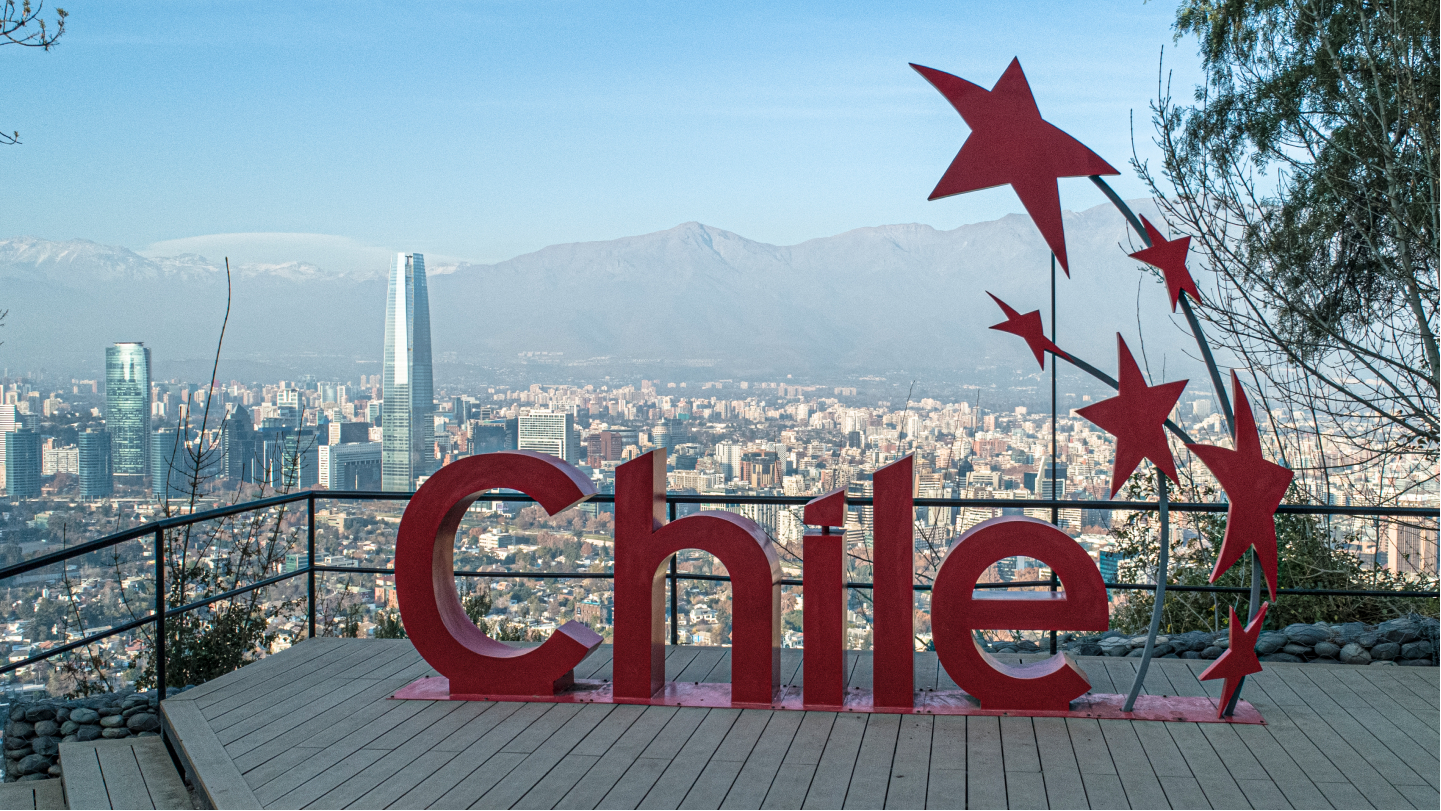
As the country brand agency for the Marca Chile brand, Imagen de Chile’s mission is to promote Chile’s image worldwide, increasing its awareness, reputation, and preference in the international market. Photo: Imagen de Chile.
How does your journalism and sociology training help or support your current profession?
I think that for this wonderful professional role of telling the world about Chile, and working to position Marca Chile at every level, Sociology and Journalism have been the perfect combination. The sociological perspective gives you a different point of view of the information because it gives you an analytical technique that allows you to draw conclusions based on observation and scientific evidence. So, at Imagen de Chile, we have been able to develop a data-based communications strategy. We have carried out an in-depth analysis of the information available nationally and internationally on nation branding, rankings of country images, and successful cases. Internally, we have analyzed the studies carried out previously by Imagen de Chile. In this way, we have been able to identify the main variables affecting Chile’s international reputation and select the attributes in which Chile has a comparative advantage. This has allowed us to define the main areas of our communications strategy.
To analyze the status of Imagen de Chile, we carried out a longitudinal study, which has enabled us to identify perceptions of Chile in those attributes that we defined as the main areas of our narrative in priority markets around the world (defined jointly with the main stakeholders), and to track how perceptions of Chile evolve in the long term. Internally, we developed a strategy that allowed us to select the key ideas for a new narrative on three levels: opinion leaders of international images, main stakeholders and important actors in positioning Chile internationally, and public opinion.
Sociology has also given me the tools to develop measuring instruments. The importance of performance indicators (KPIs) is well recognized in all projects; however, I believe that in the case of public policy, they are even more vital. Managing a public budget is a great responsibility, and indicators allow you to analyze weather the money is being well spent.
It is a global challenge to develop indicators that measure the impact of work done on a country’s image, and there are different theories about what should be included. At Fundación Imagen de Chile, we have developed a system based on different variables. We focus mainly on the perceptions of the international audience, through measurement of levels of knowledge about Chile and of the associations made between the country and the various dimensions that we defined as the main areas of our communications narrative. Although it is a long-term job, this information has enabled us to identify what attributes we have been able to position in the past (extraordinary landscapes and high-quality products); what the challenges are for the next 10 years; and how perceptions have evolved with respect to sustainability, entrepreneurship, innovation, etc.
What are the main challenges in Marca Chile’s promotion?
The first great challenge that we face as an institution is that Chile is a small country at the southern tip of the world, which is still little known in some countries and continents. This is our main challenge and our great mission: to tell the world about Chile, to show Chile to the world in a way that reflects its uniqueness. Of course, Chile is best known around the world for its beautiful landscapes and iconic photographs, which highlight our extreme, exuberant geography. But we have already achieved this, and it will continue to occur naturally. So, what was the next narrative that would enable us to position Marca Chile throughout the world?
From many passionate and fruitful discussions – based not only on our own perceptions but also on the valuable data collected from the studies that we carried out in our main target markets abroad – with all our stakeholders, strategic partners and our own fantastic team, we came to a final conclusion about our brand: that it was time to move on from our amazing landscapes to the amazing people who actually inhabit them; from our economic credentials to our innovative and entrepreneurial nature; from steady growth to sustainable development. In so many words, we set out not only to communicate what we had been given, but to place the main emphasis on what we can give: the contributions of Chilean men and women, from a wide range of professions and talents, who are creating a better future for our country and the world.
So we began an amazing journey, searching for the people and the stories with which to create the overall narrative to tailor our strategy just right, and then to tell it to the world; to meet our new challenge and take our brand and our country to a new stage: #ChileCreatingFuture.
Now the greatest challenge to task is to get Chile and the Chilean people on board, to get them to adopt this way of talking about Chile. We want to spread the message around the world so that Chile is recognized for the talents of its people and their contribution to the planet, in terms of sustainability, quality of life and community.
Campaign showing the world how Chileans are crossing
borders to create a better future for everyone.
How does video contribute to the marketing strategy of Marca Chile?
The video format has been key to our new marketing strategy. It has been the heart and the main vehicle of our campaigns, which we have used to position our message on social media channels to drive traffic to our landing page. We created the main video ad featuring six local companies and the talented Chileans behind them, uniting their unique amazing visions and goals with those of our country in a way that feels organic, honest, and entertaining. In order to go deeper in terms of content quality and audience segmentation, we produced numerous pieces tailored to different countries and sub-interests, such as conservation, healthy lifestyle, inclusion, entrepreneurship and more. All of them highlight the people and their contributions to creating a better future from Chile to the world. We worked with our valued partners and digital agency to produce a total of 178 creative pieces in Spanish, Portuguese, and English, tailored to our four target markets or cities (New York, Madrid, London and São Paulo), and the specific audience interests that would put us on the screens of the people we wanted to reach with our stories.
Are there any other types of content that travelers are asking for right now?
At Imagen de Chile, our job is to ensure that the world knows and chooses Chile. We want the Brand Chile to be valuable and valued well beyond the country’s status as a tourist destination. Imagen de Chile is not only focused on travelers. Our target audience includes decision-makers –travelers, but also investors, consumers, cultural agents, businesspeople, professionals and academics– from around the world who wish to develop projects in Chile. This is what we call attracting talent.
Tourism and products continue to be key areas for promoting familiarity with the country. However, our analyses of international country image rankings have shown that new areas are increasingly influential in the perception of a nation. This is the case of the perception of the country in terms of sustainability, enterprise, innovation, and science.
The data showed that the perception of Chile is paradoxical. Chile is a regional leader on international rankings in terms of sustainability, enterprise, and innovation. However, when people are asked about their perception of the country, these attributes are not yet associated with Chile in a meaningful way. Nonetheless, and this has been very interesting, it is not a negative perception. A significant percentage of respondents answer, “I don’t know.” What does this mean for us? It means that there is a great opportunity in that “gap” between what we are and how we are perceived. And that has been our focus for the past four years. Our longitudinal study shows that there has been a positive evolution over the past two years when associating Chile with attributes such as sustainability, enterprise, science, and innovation. It also shows that we have a lot of work to do. We must ensure that the 30% of respondents who are not yet aware of the country’s progress hear about it, and that Chile is recognized for its contributions in every corner of the globe.
How important is storytelling for the promotion of your destination?
As a team, we at Imagen de Chile, worked for over a year, before the pandemic, along with the tourism, the foreign investment promotion, and trade promotion authorities, as well as the private sector, to define a strategy, a focus, and the storytelling with which we wanted to position our country brand. We carried out both national and international surveys to dig into perceptions and identify opportunities and gaps to fill. And developed a storytelling strategy that is honest, strong, and attractive enough to make different sectors want to join and invigorate our voice with an increasing chorus. We researched to ensure our message aligned with global trends and, in the meantime, was a testimony of the times in which we live. The goal is for it to truly reflect what Chileans are today and, most importantly, what we as a country want to project into the future.
In that sense, storytelling has been key to building our “Chile Creating Future” narrative. We developed our strategy through people, through the talent of our people, and what Chileans are giving to the world. We want Marca Chile to contribute value, so we decided to make it a brand with a purpose that sets the “Chile” point of origin apart, based on what we have to offer. In this way, the stories of real Chileans show how Chile is contributing to a better future for everyone.
One very recent example is the documentary that we launched in New York during Climate Week. “I am the Earth. Stories from the end of the world”, that highlights the efforts that Chileans are making to mitigate climate change, from large-scale projects or scientific innovations to everyday efforts made by local people, all of which are necessary and contribute within this great cosmic theatre. The film focuses on eight stories about real Chileans, which say a lot about what Chile is. Storytelling is a fundamental tool for narrating our brand.

Imagen de Chile aims to contribute to the development of opportunities for Chile and Chileans, boosting international recognition and reputation.
According to your experience in Marca Chile, what are the main challenges for consolidating a country’s brand and bringing it top-of-mind? How can video contribute to this?
To create a communications strategy with a long-term vision –with a certain flexibility given the increasingly elastic global times of change– that is well thought out, elaborated, and carried out with the greatest possible participation and engagement of stakeholders, this is crucial to validate the work and give it a real possibility for coherence and continuity over time. Additionally, based on studies that we prepared in collaboration with our stakeholders, we created a series of focus markets where we aim most of our communication.
A country brand is a beautiful and romantic communicational challenge for any team, but it must always have concrete goals in mind, which are measurable and, in our case, serve to increase the consideration and promotion of foreign tourism, foreign investment and the export of Chilean products to the rest of the world.
A powerful audio-visual piece can work to condense our strategy “Chile Creating Future” and communicate the attributes and reasons to believe that sustain and give focus to our strategy, to emotionally connect with our focus audiences, always with the aim of inviting those we reach to see and learn more about us. A good audio-visual piece is also an opportunity to persuade viewers to delve into our content. In our case, the marker always points to the centre of our digital ecosystem, our website, where we display in depth all of Chile’s contributions to the world.
Finally, what do you consider to be the main trends in tourism? Where is travel video marketing headed?
While tourism continues to serve a primarily recreational purpose, experiences today become more potent when the destination tells a powerful story, when the place and its people share a worldview and a purpose, which in our case, we believe is increasingly related to the search for quality of life and a real concern for the planet and local communities. For the same reason, country brands today –whose stakeholders and goals include, but are not limited to, attracting tourism– should find a way of telling stories based on real people, local people who embody the spirit and the image of the country, so that, in a win-win scenario, they become the protagonists, the ambassadors, the influencers of the brand in the eyes of the world. In our case, we find this storytelling and brand purpose by working as a team alongside our stakeholders and preparing perception studies in our focus markets; but we also collaborate with local institutions to find the people and projects with whom we create campaigns to share with the world.
In terms of video marketing, of course, we have to adapt to some common industry trends; for example, in terms of relatively short pieces, native formats for social networks, understandable without sound, hopefully with some associated budget for promotion beyond a declining organic reach, showing people in real or believable situations. We believe that this last point is fundamental today; for example, while we know that Chile has a very powerful and well-known appeal in its diverse and extensive natural landscapes, in visual terms we are looking to turn them into a stage to show where the projects of flesh-and-blood people occur. That is, we want to go beyond the strictly visible, to attractively communicate real local stories that represent the purpose of the country brand.
Did you like the interview? Download the free eBook and enjoy learning from some of the best in Travel Video Marketing!



